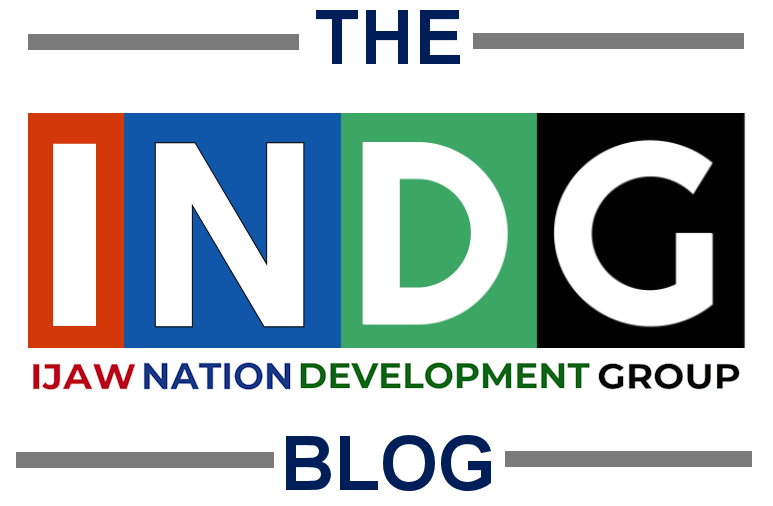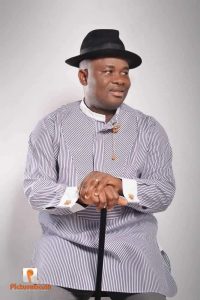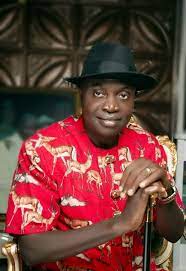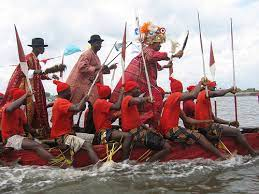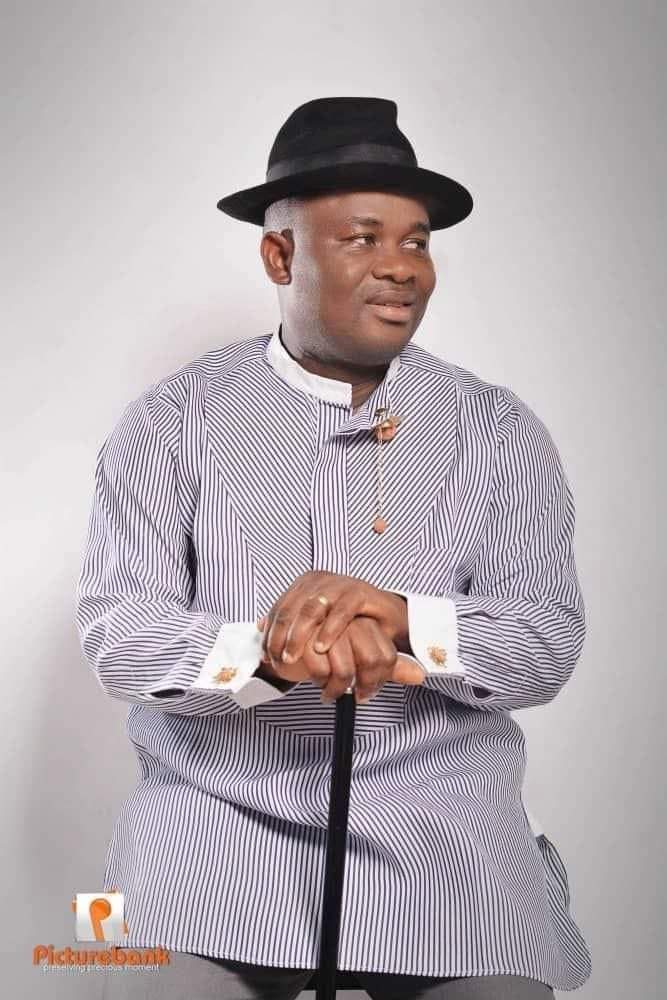By Efetobor Utedjor
The Ijaws are a group of people who originated in the Nigerian Niger Delta. Because of their affection for the water, many of them work as migrant fishermen in camps in Sierra Leone to the west and Ijaw (also known by the subgroups “Ijo” or “Izon”) to the east.

A group of native Nigerians known as the Ijaws live primarily in the Bayelsa, Delta, and Rivers States’ forested areas in the Niger Delta. Some are indigenous to the Nigerian states of Akwa-Ibom, Edo, and Ondo.
Ekeremor, Sagbama (Mein), Bassan, Apoi, Arogbo, Boma (Bumo), Kabo (Kabuowei), Ogboin, Tarakiri, and Kolokuma-Opokuma make up the Western or Central Izon (Ijaw), which is made up of Western Ijaw speakers (Yenagoa). dialects of Southeast Ijo are Nembe, Brass, and Akassa (Akaha) (Izon). Dialects of Inland Ijo include Buseni and Okordia.
The Kalabari language is one of the two main Ijaw groups. The phrase “Eastern Ijaw” is not the standard nomenclature, despite the fact that Kalabari is thought to be an Eastern Ijaw language. One of the largest Ijaw clans in Rivers State, which includes the Abonnema, Buguma, Bakana, and Degema, and which is located on the eastern side of the Niger Delta, is known by the name Kalabari.
As a result, they are actively involved in the push for more control over the oil industry. The Okrika, Ibani (people from Bonny, Finima), and other “Eastern” Ijaw clans
They live near the Kalabari people in the present-day state of Rivers in Nigeria. The Epie-Atissa, Engenni (also known as “gn”), and Degema are other related Ijaw subgroups that speak different languages but share a deep kinship, cultural, and territorial connection with the rest of the Ijaw (also called Udekama or Udekaama).
These peoples communicate in Delta Edoid languages. Cross River languages are spoken by the Ogbia tribe, the Andoni people, as well as locals in Bukuma and Abulom (Obulom). Before the discovery of quinine, when West Africa was still known as the “White Man’s Graveyard,” the Ijaw were one of the first Nigerians to interact with Westerners and were active as middlemen in the slave trade between traveling Europeans and the inhabitants of the interior.
They are said to be some of southern Nigeria’s first inhabitants. The Ijaws, who number around 15 million now, have long resided in places along several maritime trade routes and were well connected to other regions by trade as early as the 15th century. They also sit on Nigeria’s vast oil fields.
The Ijaws of the Niger Delta were formerly referred to as the Oru and are descended from an old African tribe known as the Oru. The ORU’s old language and culture have been preserved by the Ijaws. When the Oru people first settled in the Niger Delta is unknown. They have been recognized as a distinct linguistic and ethnic group for more than five (5000) Thousand years.
They were the first people to settle in the Benin region, Lower Niger, and Niger Delta, and by 500 BC, they had begun to live there. The Oru-Otu or more ancient people (Tobu Otu) who descended from the sky are mentioned in the traditional Ijaw narratives (were of divine origin). The Water-People were another name for them (Beni-Otu).
While Owuamapu, or water spirits, play a significant role in Ijaw mythology. Here, men dance to the beat of drums while donning ornate clothing and carvings on their faces. Their dancing exhibits the influence of the water spirits by its quality and ferocity.
They also think that humans and water spirits coexist before birth and that humans and water spirits both have personal virtues and flaws. In addition, the Ijaw engage in a process known as “Igbadai,” a sort of divination in which recently departed people are questioned about the circumstances of their demise..
The marriage ritual is yet another fascinating part of Ijaw culture. The Ijaw tribe has two different types of marriage, unlike most tribes. The first is a small-dowry marriage, when the bride’s family is customarily required to accept a gift—typically cash—from the groom’s family.
In contrast, in the event of the second marriage, which is the large-dowry marriage, a major feast is called and lasts for days during which luxury items and a substantial dowry are paid to the bride’s family. Any child born from this union can choose to live with the maternal family. The children in this case are from the father’s side of the family.
The Ijaw people of today appear to have converted from traditional worshipers to Christians as a result of the arrival of Western civilisation. They are really welcoming and friendly.
Fishing and farming have historically been the other two main jobs held by Ijaw people.
